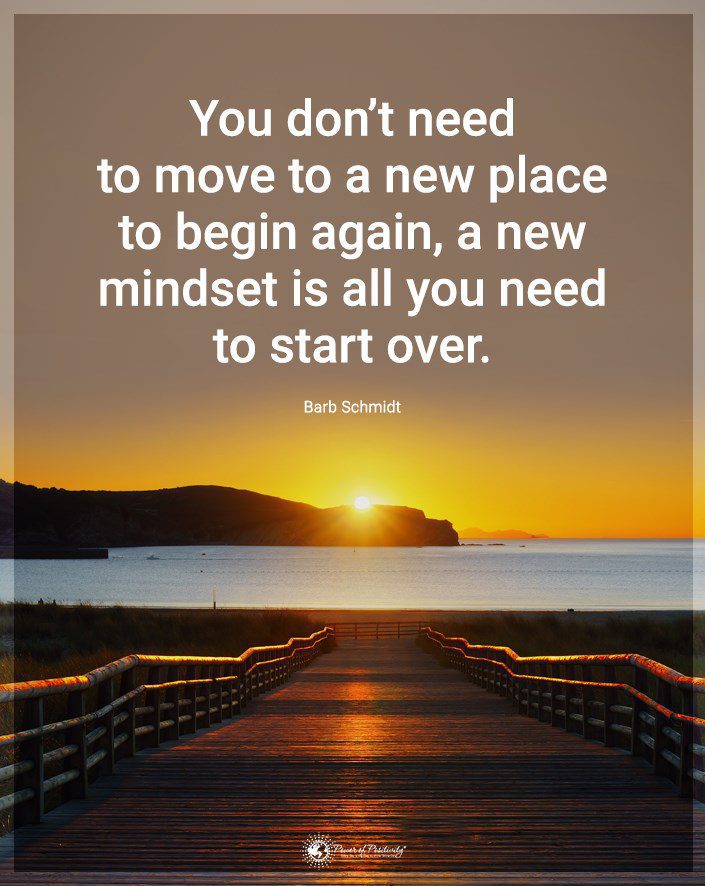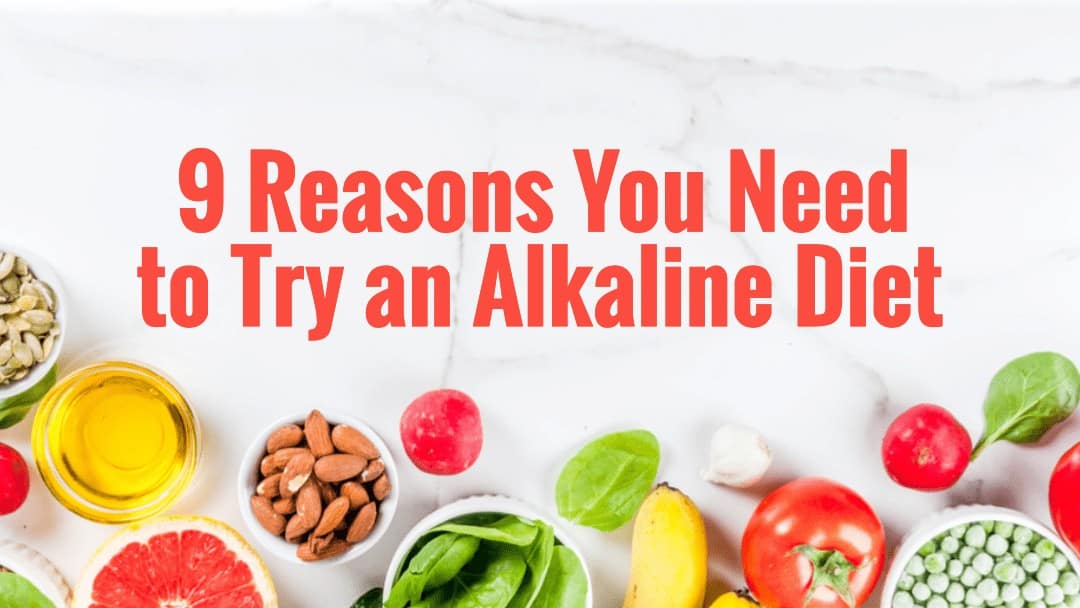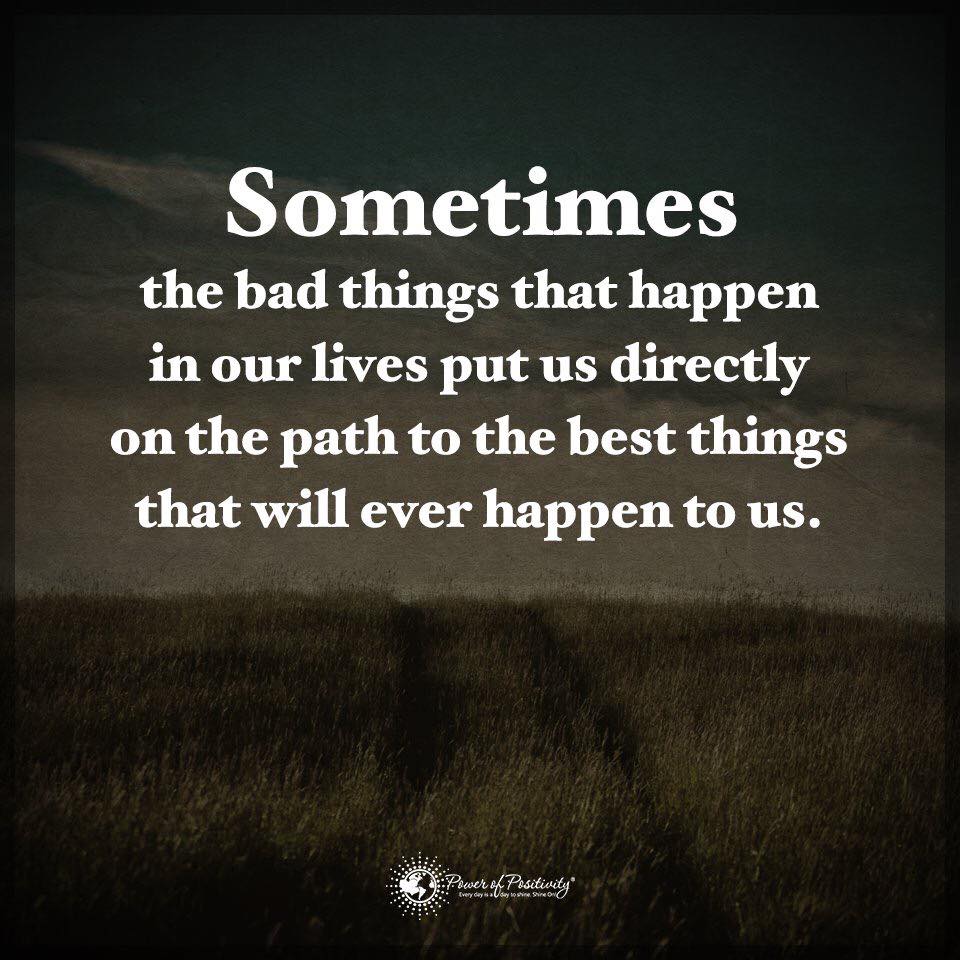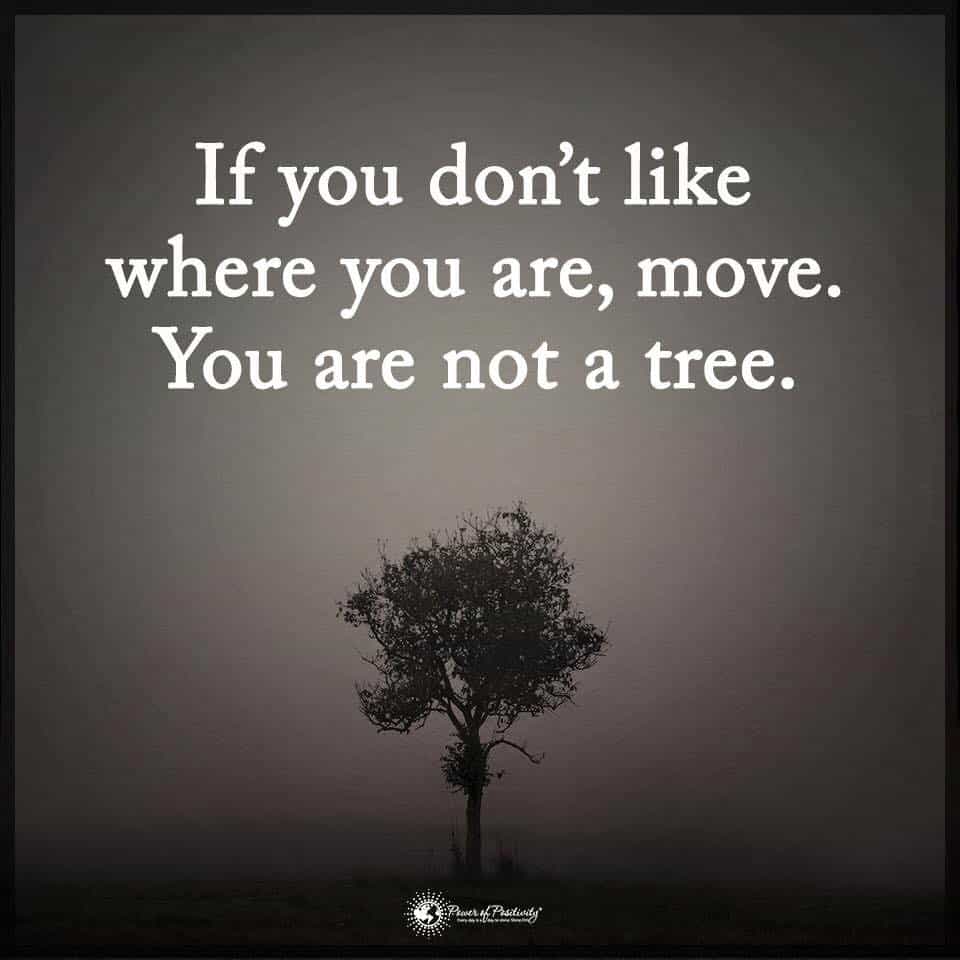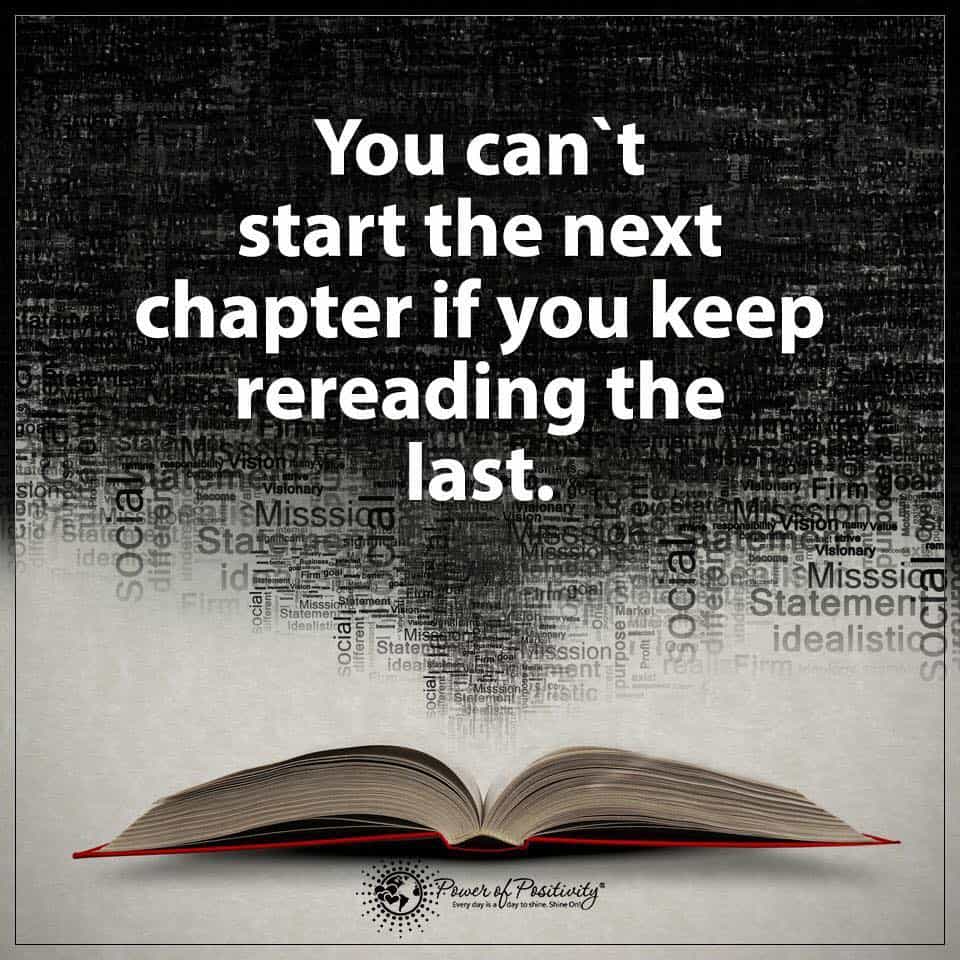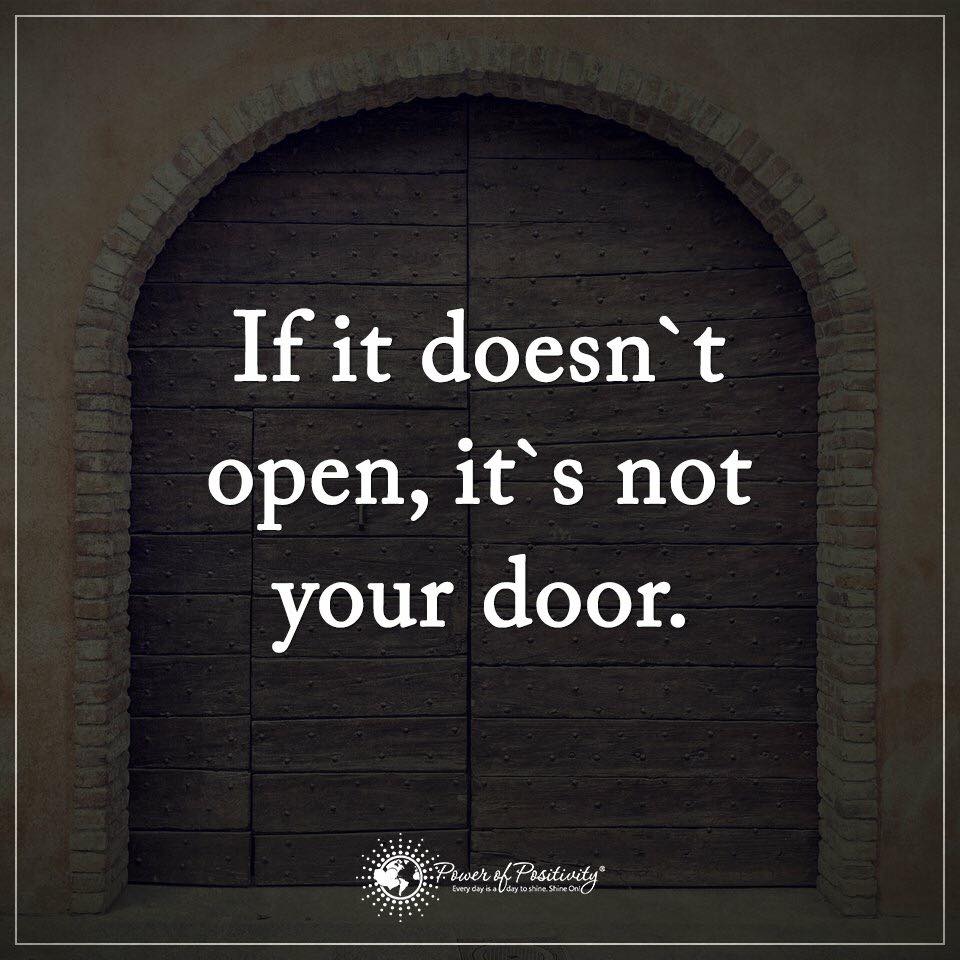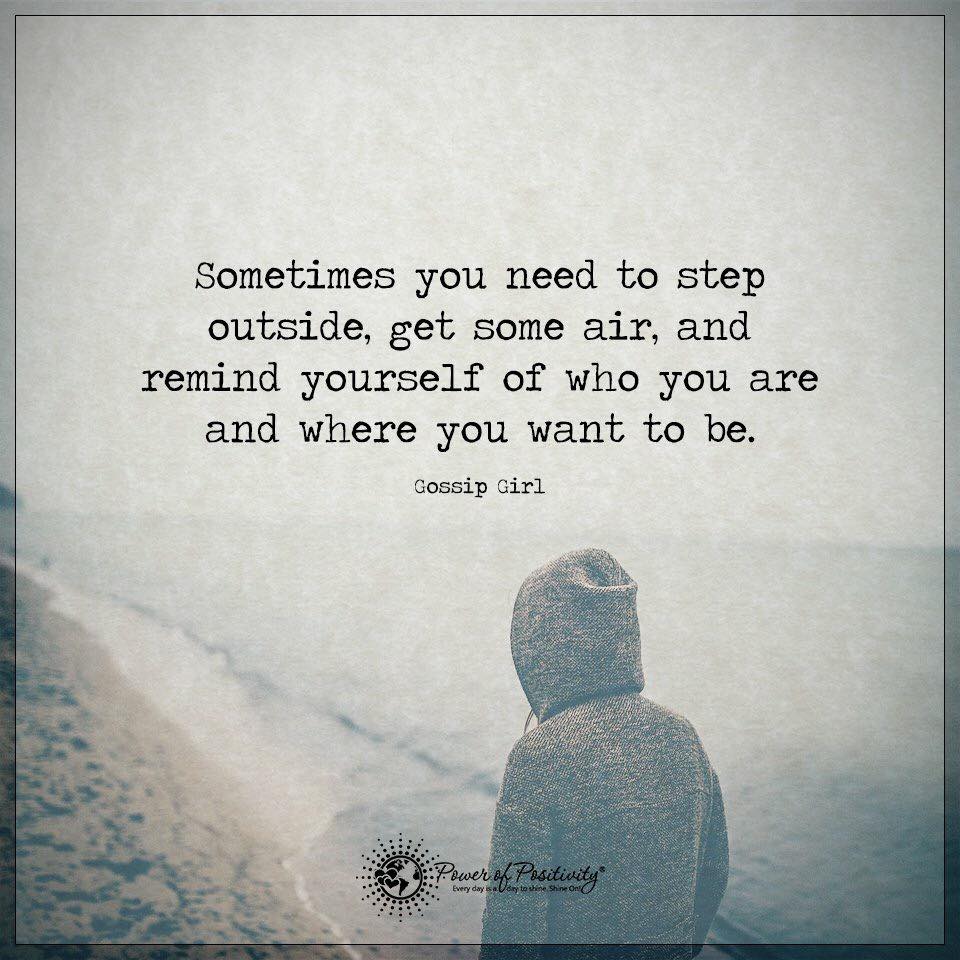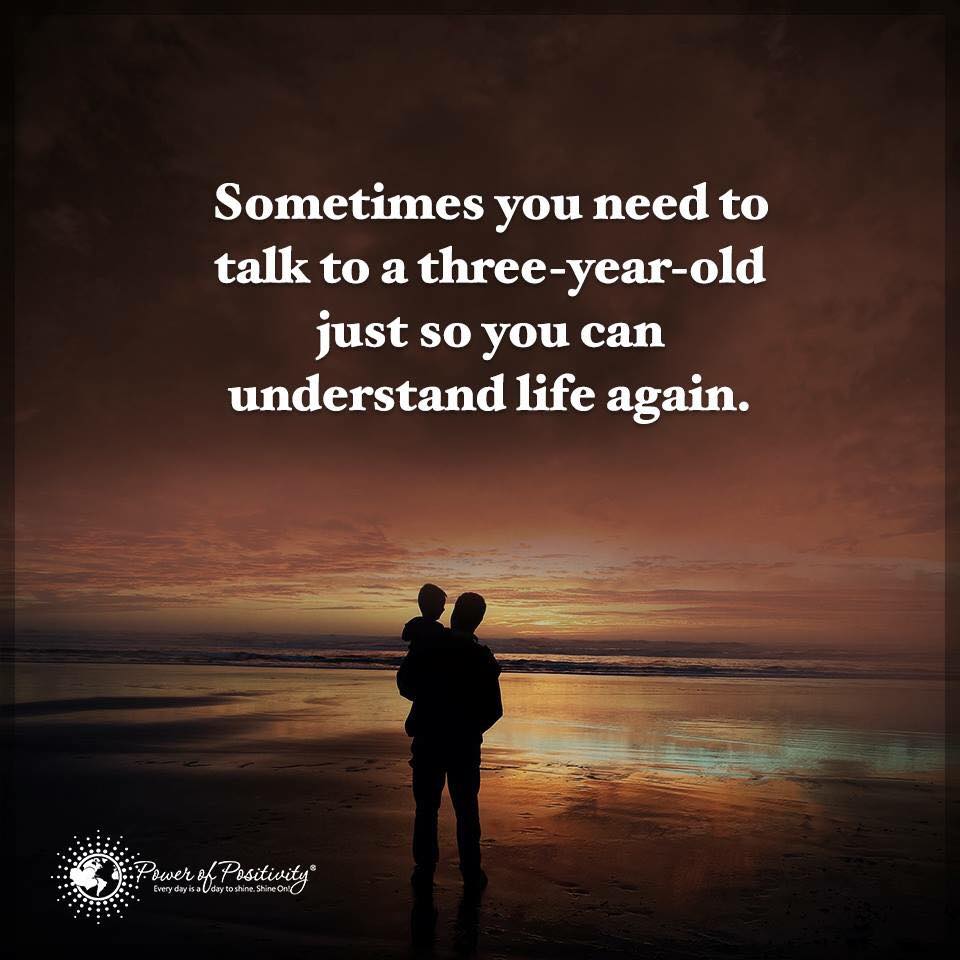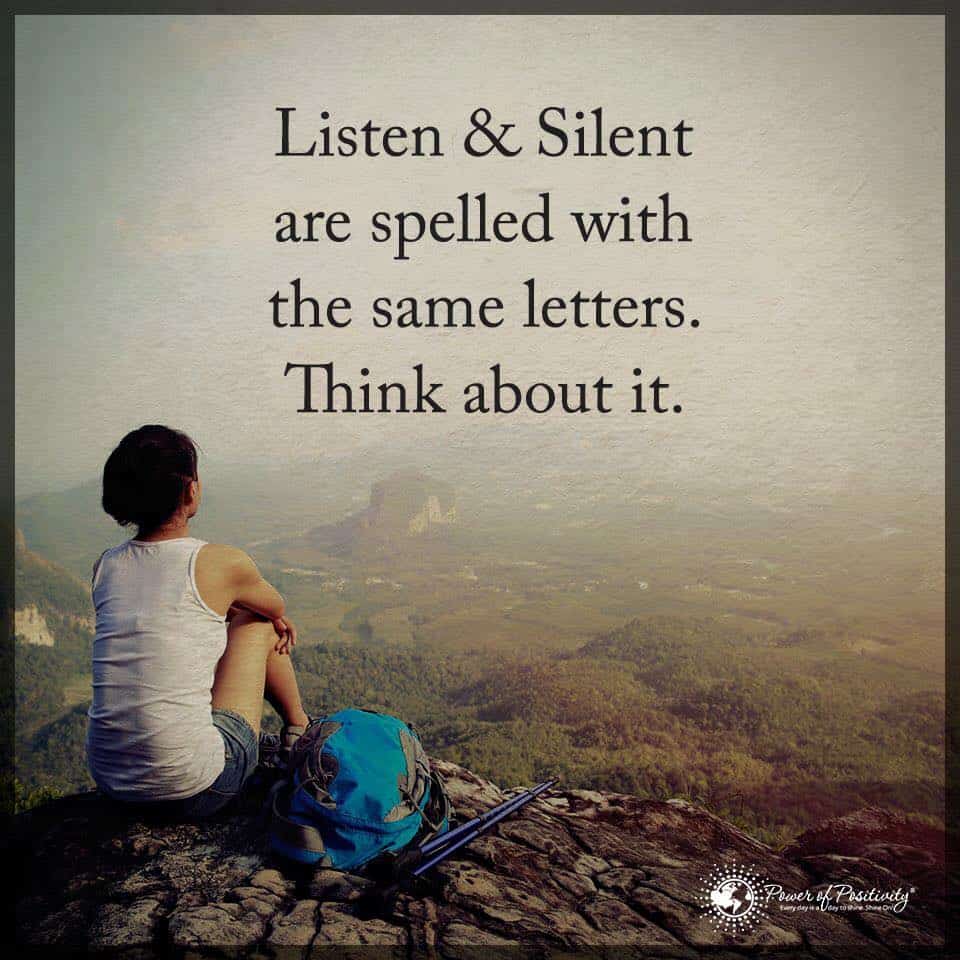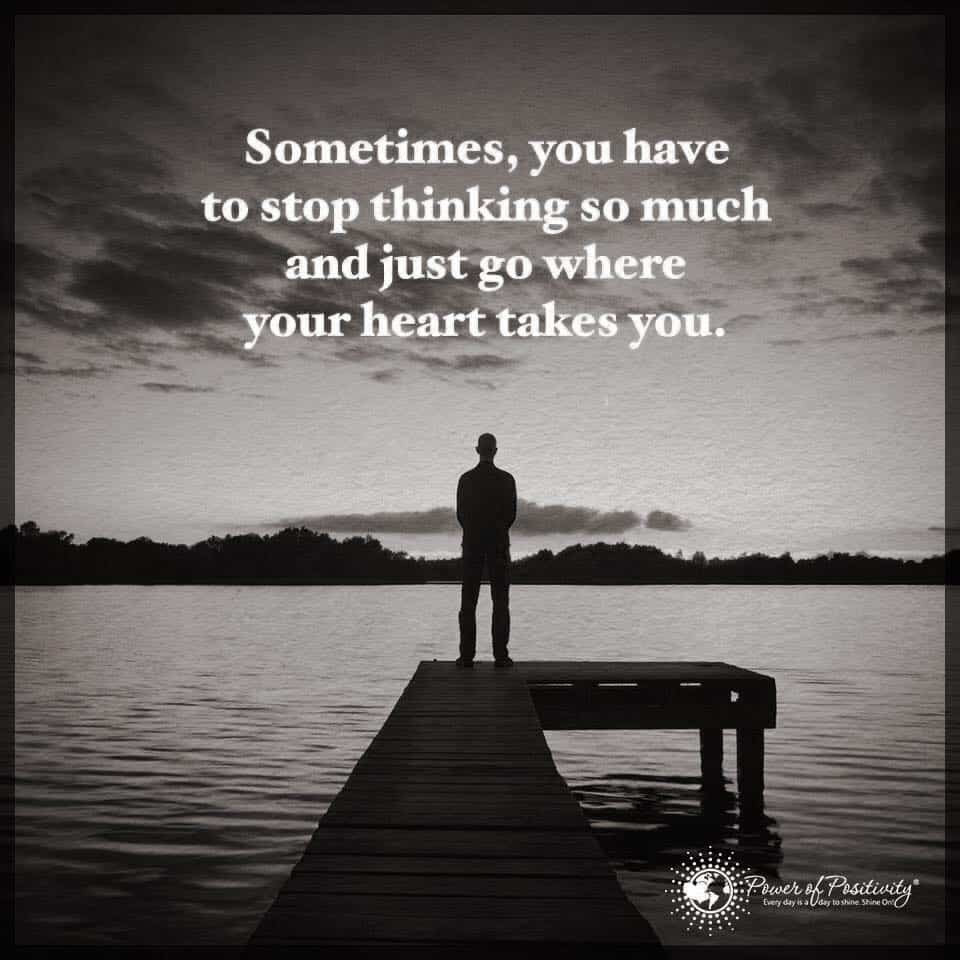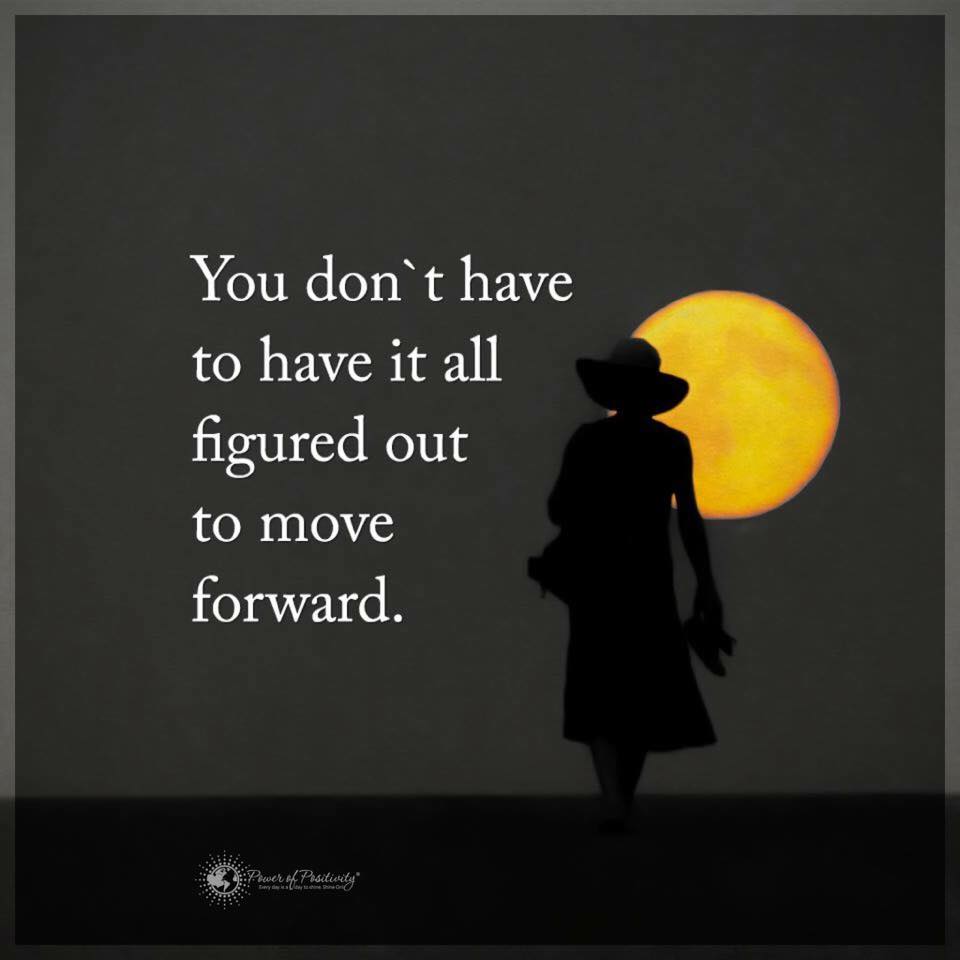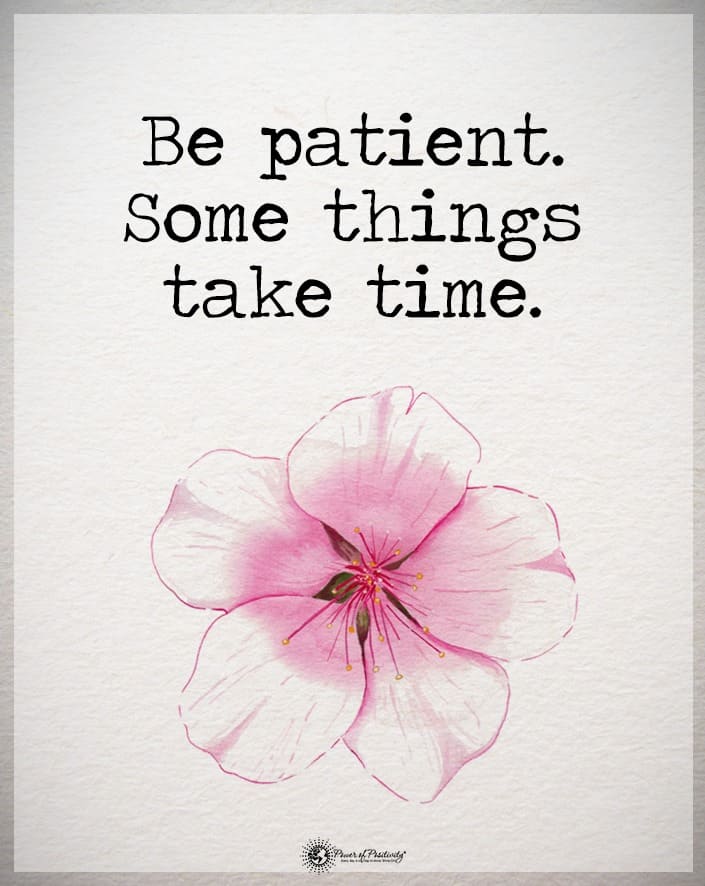Lifelong learning is one of the benefits of having a curious mind; now science can show us what happens in your brain when you’re learning. Our own sphere of our world is so small but it has much to offer our curious minds.
Expanding our circle of learning to other people, cultures, countries, continents, and the universe creates even more opportunities for gaining knowledge. A curious mind is a healthy mind and here are the things that are happening to your brain when you are curious.
These Things Happen to Your Brain When You Are Curious
Curious Brains In The Classroom
As children in school, we learned to sit still, listen, and pay attention to the teacher. According to a paper presented at East Carolina University, the downside to a classroom learning environment is ‘In a sedentary classroom led primarily by electronic communication, we can find that students stop exploring and instead are only memorizing. Students may forget the importance or value of asking why, how, and what. Instead, many accept what they hear to be truth or fact. Using curiosity, the brain can be a very powerful tool that can promote increased memory and enjoyment in the learning process.’
Now that we are out of the classroom, we need to remember our childlike curiosity and ask questions; why, how, and what are good questions to start with. Asking questions of people around us also helps us to connect with others while we learn.
The Desire To Understand Our World
Humans have modified our world dramatically since our arrival on this planet. Part of these tremendous changes are due to our drive to know deeply and understand how and why things work. Armed with knowledge, we are able to take action and make changes to adapt the environment to meet our needs.
One of the important reasons that we are curious is to reduce uncertainty. As an adaptation, the more knowledge we have, the safer we are. For example, learning about a tiger if we are in its native territory helps us to avoid being killed by it.
You may recall in our recent article that serotonin also plays a role in learning and memory. Decreased serotonin, for example in people suffering from depression, causes memory and learning to suffer as a result.
Related article: 5 Ways to Increase The Serotonin In Your Brain
Stress can also affect our ability to learn. Neurogistics.com says ‘Surprisingly, memory can also be impaired (meaning that the brain is not stimulated enough) when stress is inadequate. This situation is often due to lack of movement (circulation) that causes the increased release of dopamine, which is the focus and memory neurotransmitter.’
We gather information through our senses; sight, hearing, taste, touch and smell help us to get the data we need to make decisions. When we are actively gathering information, we are curious and interested in learning.
In a study of curiosity, researchers looked at the activity in the brain when presented with topics that people were either interested in or not interested in. Researchers who scanned the brains of subjects with MRIs found:
- People are better at learning information that they are curious about
- Memory for other information presented during curious states also improved
- Curiosity and anticipatory activity happens in the nucleus accumbens and midbrain
- Memory benefits for incidental material depend on midbrain-hippocampus involvement
The nucleus accumbens is a center in the basal forebrain that is also important for motivation, pleasure, and reward. The nucleus accumbens also connects to the olfactory (sense of smell) center of the brain, which is why certain scents trigger memories for us.
The fact that the motivation center of the brain is active when we are curious means that learning serves as a type of reward for us. We enjoy the act of being curious.
The midbrain includes centers for vision and hearing. The hippocampus plays a role in both long-term, short-term memory and spatial abilities. All of these memory centers are active when we have the desire to learn.
In our recent article, we talked about how random thoughts or mind pops often links to memory and problem solving, as well as helping with creativity.
Related article: Why Random Thoughts Are Actually Important
The researchers in the curiosity study say ‘These findings suggest a link between the mechanisms supporting extrinsic reward motivation and intrinsic curiosity and highlight the importance of stimulating curiosity to create more effective learning experiences.’
The desire to learn makes it easier for us to retain information. In other words, you won’t remember it if you don’t care about it first. Becoming childlike again with our desire to discover and explore our world can help us to increase our knowledge base.

